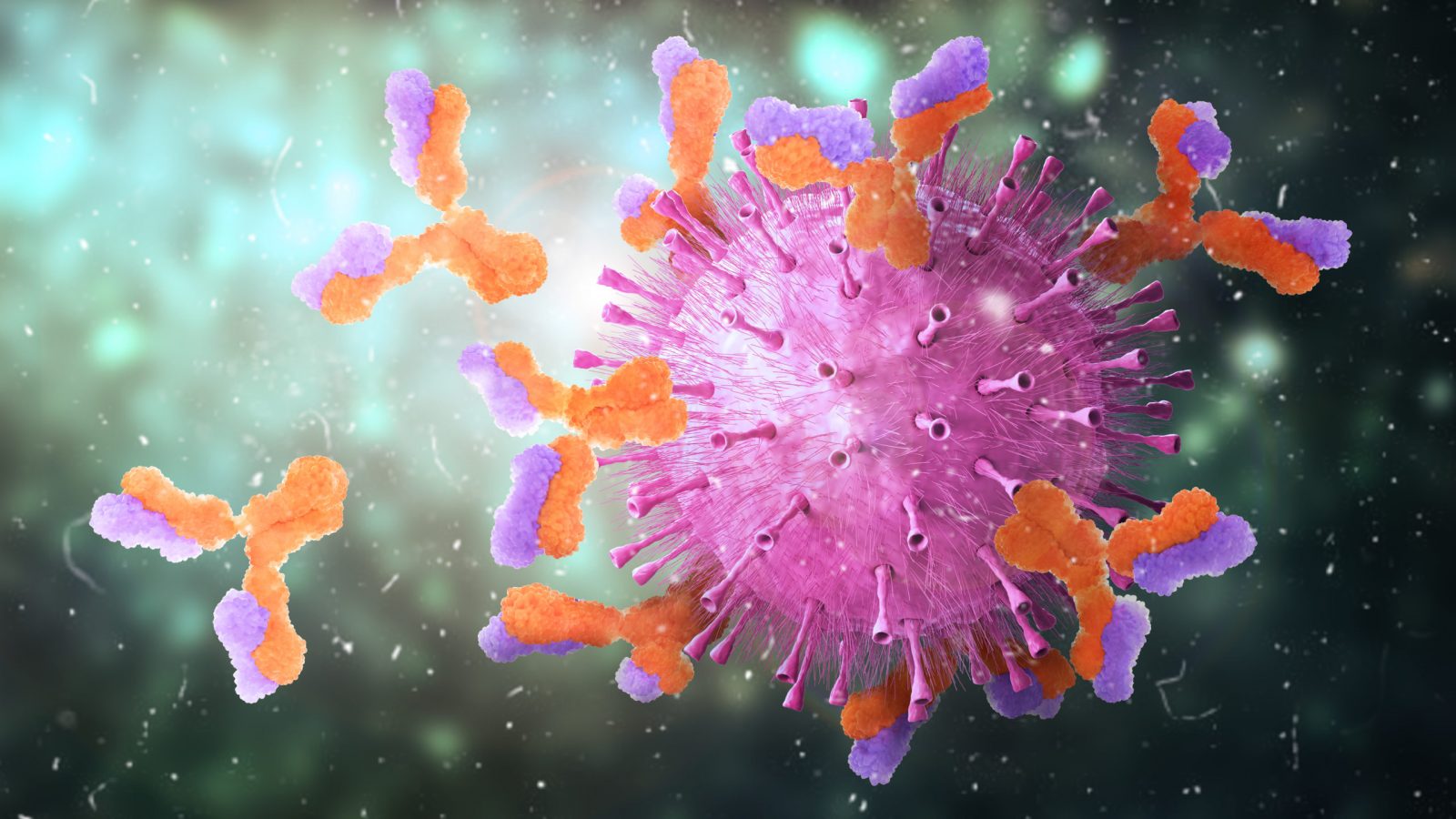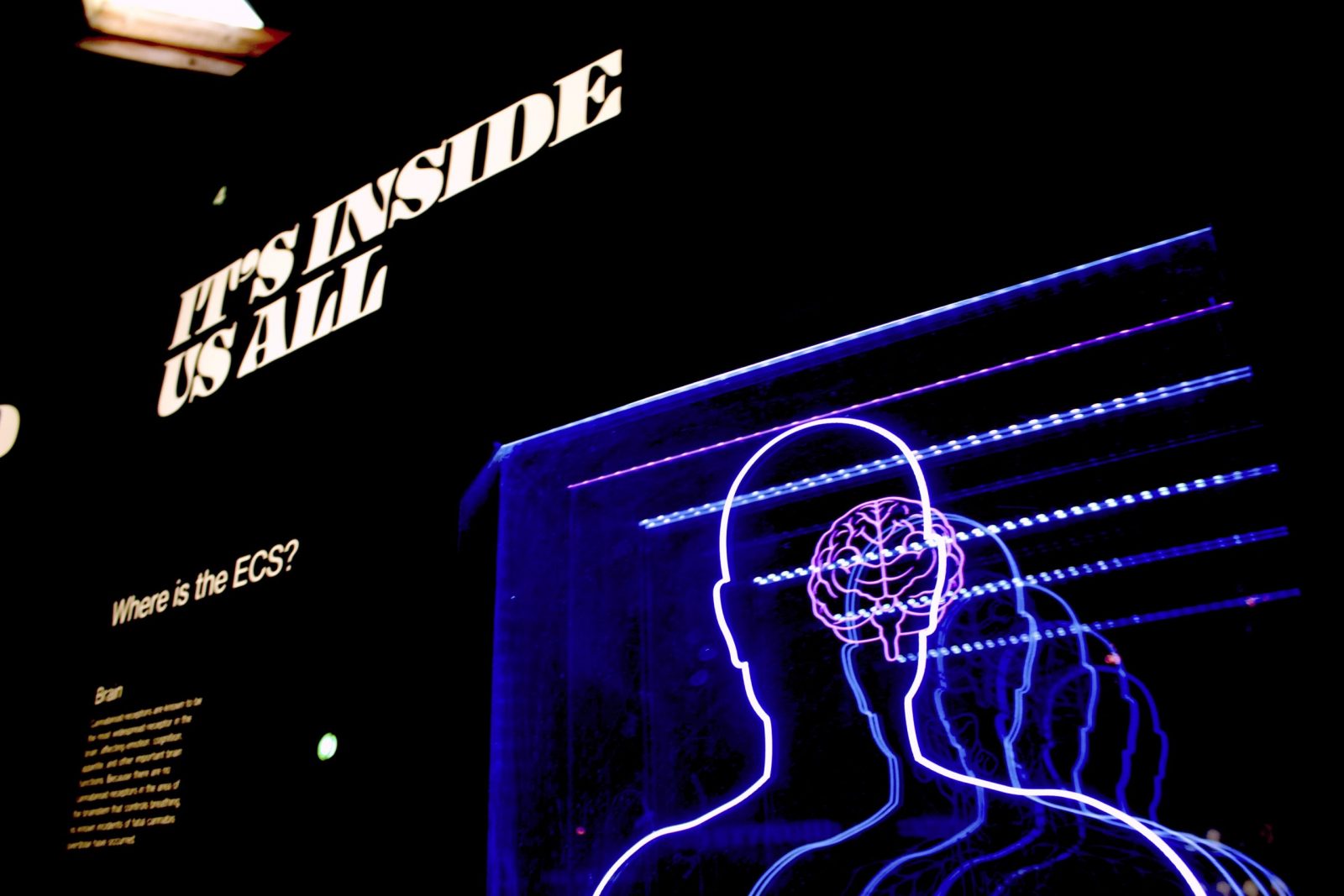
Coronavirus Response: Design in Nature and Medical Science
On this episode of ID the Future, internal medicine specialist Dr. Geoff Simmons speaks with host Andrew McDiarmid about his recent Evolution News article on the body’s response to the coronavirus, our immune system. It comprises an enormously complex enterprise with adaptive memory for millions of pathogens and the ability to keep on learning more. Researchers study it to learn how to create vaccines for diseases like COVID-19. Their work is one of intelligent design from start to finish. But, Simmons says, we ought to recognize that it starts with studying systems in our bodies that are even more intelligently designed. One might object that if our immune system were intelligently designed, it would be utterly immune to all pathogens, Read More ›



